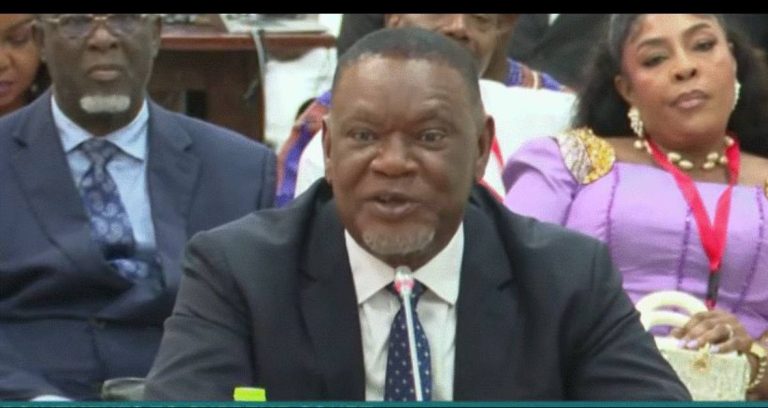Justice Dzamefe Backs Expansion of Ghana’s Supreme Court to Ease Case Backlogs
Justice Senyo Dzamefe, a Court of Appeal judge nominated to the Supreme Court, has voiced strong support for proposals to expand Ghana’s highest court—a move he says is essential to addressing the growing backlog of cases overwhelming the judiciary.
Appearing before Parliament’s Appointments Committee on Monday, June 16, 2025, Justice Dzamefe was the first of seven nominees to be vetted this week. During the session, he backed a proposal to increase the number of Supreme Court justices from the current figure to as many as 20. The recommendation was originally put forward by Chief Justice Gertrude Torkornoo in early 2024.
“Our Supreme Court is overburdened with more than 400 cases each year, unlike in the U.S., where state courts ease the pressure,” Justice Dzamefe told the committee. He stressed that the current system—where a small group of justices handles hundreds of complex cases annually—is unsustainable. He cited the 2022/2023 legal year, when 12 justices managed 344 cases, yet over 1,600 remained unresolved.
Calls to expand the bench come at a sensitive time. Chief Justice Torkornoo is currently suspended, facing investigations into three separate petitions seeking her removal. Still, her push for reform appears to be gaining support among senior members of the judiciary.
Justice Dzamefe argued that increasing the number of justices would lead to faster resolution of cases, especially those involving land disputes, chieftaincy matters, and constitutional questions—areas he described as both urgent and emotionally charged.
During the vetting, MP for Bawku Central, Mahama Ayariga, asked whether he supported decentralizing the court’s operations. Justice Dzamefe replied in the affirmative, suggesting that allowing the Supreme Court to occasionally sit in Tamale, the capital of the Northern Region, would be a progressive step.
“Many litigants from the north face serious financial and logistical challenges traveling to Accra,” he said. “Holding sessions in Tamale would improve access to justice and ease the burden on already strained families.”
Legal analysts say the growing discussion around judicial reform marks a potential turning point. With backlogs rising and public pressure mounting, the nomination of reform-minded judges like Dzamefe may signal a shift toward a more efficient and accessible justice system.
As vetting continues this week, attention remains on how the remaining nominees address these urgent issues—and whether Parliament will finally act to modernize Ghana’s judicial infrastructure.

